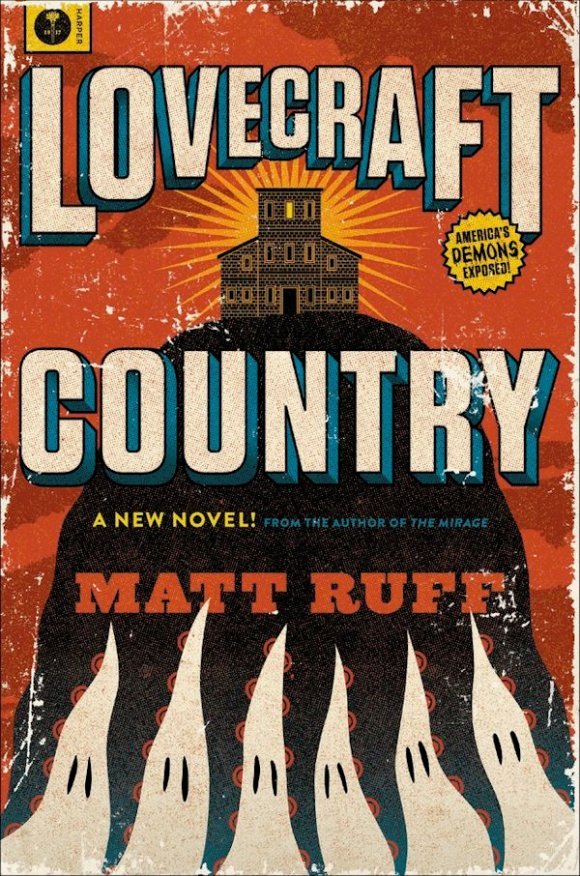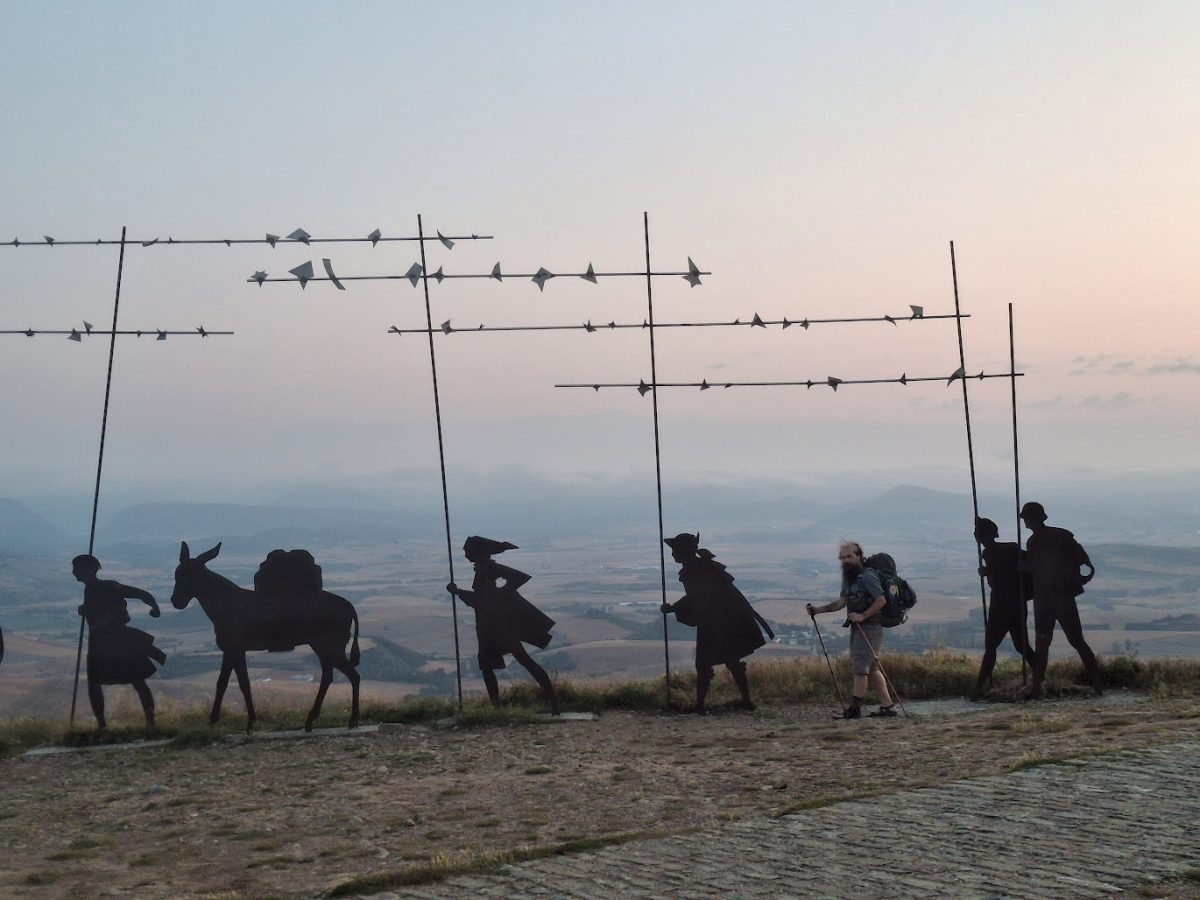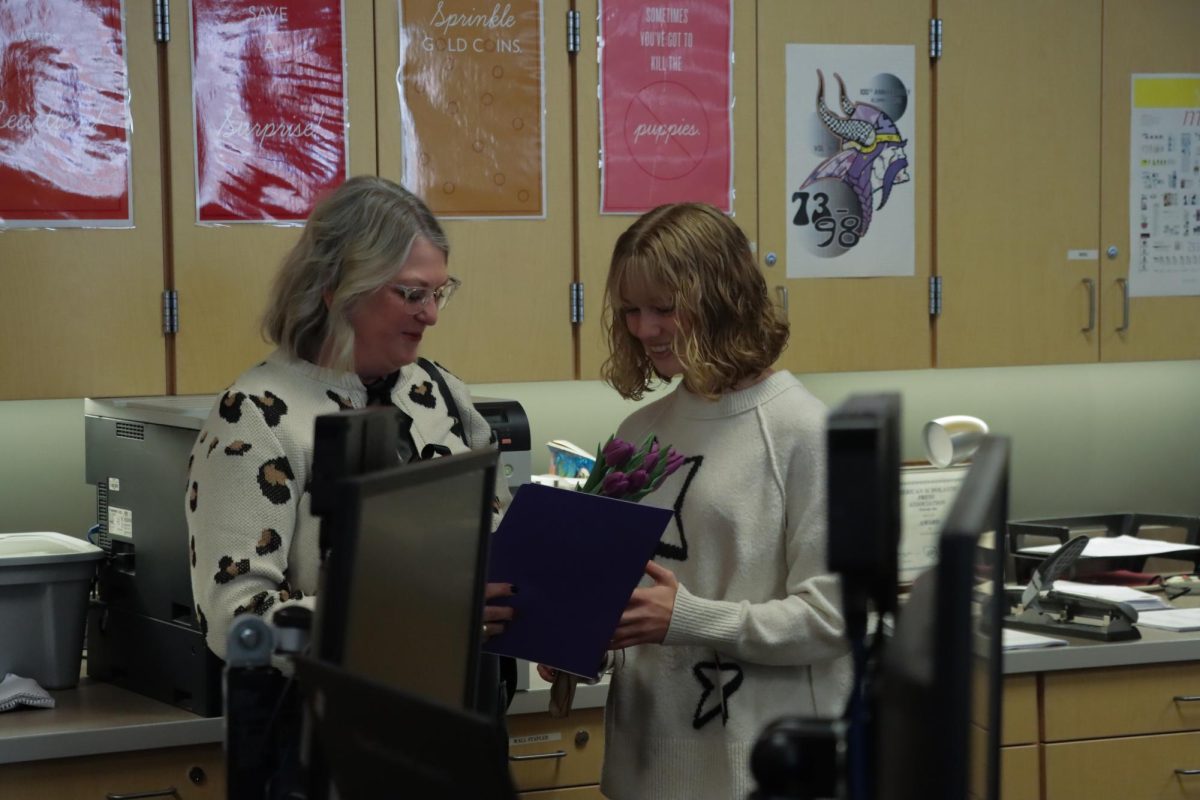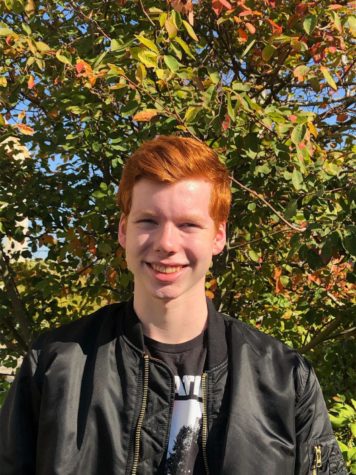The Pacific Northwest seems like a perfect backdrop for horror.
Games like Alan Wake, movies like The Ring and shows like Twin Peaks have all taken advantage of the near-constant rain and cloudy, overcast atmosphere.
Despite this, Seattle author Matt Ruff chose to set his 2016 novel Lovecraft Country, originally conceived of as a TV show, in the Jim Crow-era South, allowing Ruff to contrast the supernatural horrors drawn from pulp fiction and H.P. Lovecraft with the very real horrors of racism and bigotry of the time period.
“I wanted to do a story like The X Files, where you had a continuing group of characters having weekly paranormal adventures. But I also wanted to do something different with it… I hit on the idea of ‘What if we do an X-Files where my Fox Mulder character is a black travel writer from the 1950s whose job is to research a fictional version of the Green Book?’ [a publication that listed restaurants and hotels friendly to Black people],” Ruff said.
Contrasting two different types of horror allowed Ruff to distinguish his idea from other horror works.
“You can make this guy a science fiction fan and a nerd who’s the kind of guy who, if he sees the Loch Ness Monster running across the highway or if he sees a UFO, he knows what to do, because he knows what the rules are, because he’s into that kind of stuff. But then he’s also dealing with the more mundane horrors of life in the Jim Crow era. And it just seemed like those two things together could make a really interesting and rich and dense TV show,” Ruff said.
While the pitch was unsuccessful, Ruff decided to turn the idea into a novel instead. A key portion of the book, which came out in 2016, was the realistic portrayal of the characters experiences with Jim Crow America. Ruff did a lot of research on the era through firsthand accounts of the period.
“The black newspaper in Chicago at the time was called the Chicago Defender and it is issues of that are available at the library and online. And so I read the entire years’ worth. It was a weekly, so I read all of the issues from 1954 and that was just a way of grounding myself in what were the issues that the black community in that neighborhood were interested in at that time. And I read a memoir of a black officer who served in the Korean War as sort of background, because my protagonist is a Korean War veteran as well, and other memoirs, but from people living at that time,” Ruff said.
While that character, Atticus Turner, could be considered the main character of the novel, each chapter of the anthology focuses on his friends and family and their experiences with impossible, fantastical elements right out of a pulp novel.
“I have this weird knack for taking different pieces of story ideas and fitting them together, things that most people wouldn’t even think would necessarily fit together… I had the basic framework of the story I wanted to tell. I had my cast of characters… and I wanted to give each of them a chance to star in their own little weird tale,” Ruff said. “So it’s like, okay, I’ll have a haunted house story, who’s going to be in that one? And I’m going to have a story about finding a book, kind of like the Necronomicon, who’s going to be in that one? And I laid out the different pieces and then started stringing together this larger story about the family and the character of Caleb Braithwhite, and the Order of the Ancient Dawn, these weird white sorcerers from New England who want something from this family and won’t leave them alone.”
Of course, the book reached a larger audience when it was adapted into an HBO series in 2020 with Jurnee Smollett and Jonathan Majors.
“When I tried to pitch this, this was probably about 10 years ahead of its time, and I couldn’t get anybody interested… As I was writing the novel, in the back of my head, I had this thought that it would be cool if I can get this done, and it does well, I’ll have a proof of concept that this could work as a TV show,” Ruff said. “And that ended up working out better than I had hoped when Jordan Peele read the novel and liked it and decided to option it for HBO.”
While his novel was the basis for the television series, Ruff didn’t have as much involvement with the production of the series. During production, he would send notes to showrunner Misha Green about his inspirations for the story, but allowed her to take the series in the direction she wanted.
“Misha had her own idea of how she wanted to tell the story. And I was happy to, having written it once already, I didn’t feel a need to do it again. And it was neat to watch her take my ideas in a completely different direction… It’s like seeing an alternate universe version of the story… All the characters are there, all the plot points are there, but everything’s a little different,” Ruff said. “I did get to visit the set a couple of times… They bring you on, let you sort of stand in the middle of it and watch these millions of dollars being spent on this story that you just thought up in your room, which is the wildest experience.”
As advice to authors, Ruff says to follow what your aspirations are in the world of writing.
“Write what you want to write, something that you’ll be satisfied with. Even if it never makes money, even if it never gets published, you will be glad to have done it and got it out in the world. Obviously, I’m very gratified that Lovecraft Country was adapted as an HBO series. But if I had just managed to get the book written, you know, that would have been enough for me,” Ruff said. “For me, the most satisfying thing, really, is that moment when the story that’s been burning in my head for however many years is finally out on paper and I can read it, and I’m like, ‘Yeah, that worked.’”





